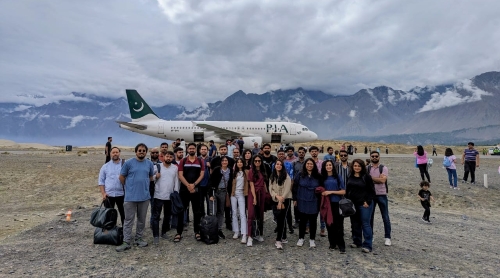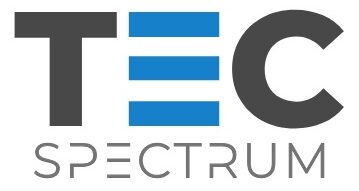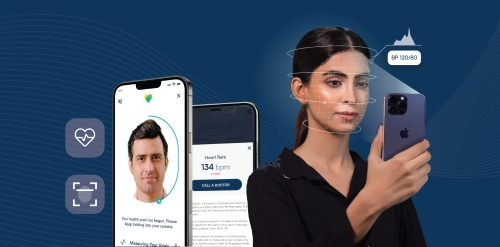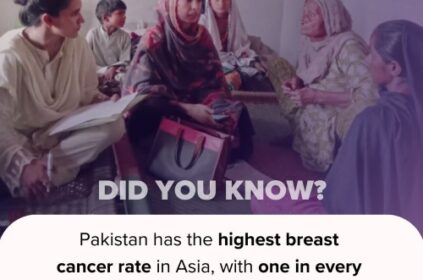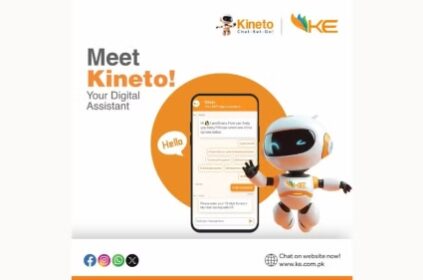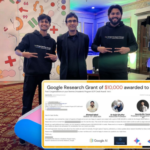When I first read about MeriSehat.pk in Dawn, it was just a passing mention—3,000 free diabetes clinics. No fanfare, just a quiet revolution. I had to know more.
Two weeks later, I found myself inside MeriSehat.pk’s corporate HQ in Karachi. The energy was electric. Engineers, doctors, and product specialists were reimagining healthcare, not just working a job.
AI-Powered Diagnostics: The Future Is Here
At one point, I watched a product manager check her blood pressure using just her phone.
“Try it,” she said, handing me the device. Within seconds, my vitals—blood pressure, heart rate, oxygen saturation, even stress levels—flashed on the screen.
“This is an rPPG scan,” she explained. “It picks up microchanges on the surface of your skin. Your phone camera just became a medical tool.”
Mind-blowing. No cuffs, no needles—just AI and a smartphone.
The Challenge: Building a Dream Team
“Our biggest challenge? Finding the right talent,” the HR manager admitted. “We’re developing AI-driven transdermal scans and running 3,000 free diabetes clinics. We need people who live at the intersection of health, tech, marketing, and product development.”
This isn’t just Pakistan’s challenge—AI-driven healthcare is uncharted territory globally. Limited infrastructure, no cohesive regulations, and skepticism toward AI-powered medicine make this a tough road. Can it scale?
The Solution: A Culture of Relentless Innovation
MeriSehat.pk is bringing together engineers, doctors, and designers to solve real-world healthcare problems:
✔️ AI predicting cardiovascular disease risk
✔️ Cough assessment using voice recognition
✔️ MRI & X-ray analysis directly via WhatsApp
I even met Babar Rashid Khan, MeriSehat’s Co-Founder and CEO.
“You’re the writer—what do you think?” he asked, gesturing at a whiteboard packed with data. Then, he strapped me to a hospital-grade blood pressure monitor and compared it to their app’s readings. A 98% match.
His philosophy? “Build fast, test carefully, launch often.”
The Culture: A Place for the Bold
The office roared with activity—fast-paced, high-intensity.
“This place isn’t for everyone,” a strategy manager told me over lunch. “People work crazy hours, but it doesn’t feel like a grind. We’re building something that actually matters.”
Training sessions? Company-wide. Everyone—from marketing to engineering—needs to understand the product. The top scorers win donuts.
“It’s not about the donuts,” an employee laughed. “It’s about knowing that what we build today will impact millions. But also, the donuts.”
There’s no rigid hierarchy here. The C-suite is accessible. You can pitch an idea to the CEO in the hallway and get real feedback.
“Micromanagement?” one developer smirked. “Not for the smart ones. Winning here isn’t about intellect—it’s about outputs.”
Oh, and Friday nights? Office cricket matches. “We let the tech team win,” a marketing exec whispered. “They build our machine-learning models, after all.”
Final Thoughts: A Startup That’s Changing Lives
MeriSehat.pk’s north star metric? ‘Lives Saved’—a real-time measure of the impact they’re making.
By the time I left, I realized this wasn’t just another startup. This was a movement, a revolution in digital healthcare.
The odds are high, the challenges relentless. But if any team can redefine Pakistan’s healthcare, it’s this one.
